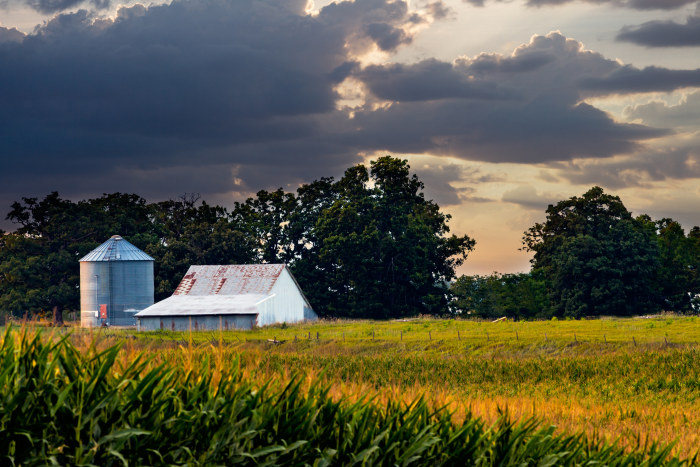Neil Hamilton: “It is almost impossible to find an Iowa farm family or ‘small business’ impacted by the estate tax, let alone one forced out of business.” -promoted by Laura Belin
Election season has brought the usual flood of TV commercials – generally trying to scare voters about the evils to expect if the opponent is elected. The ads are often marked by outlandish claims and even outright lies, but the ones deserving first prize for deception concern the so-called “death tax.”
No doubt you have seen them with salt of the earth farmers claiming the death tax threatens the very existence of their family farm and of rural communities. Who knows, perhaps these folks even believe what the political consultants asked them to say – they have been brainwashed with the claims for so long.
Here is the truth – there is no death tax. There is an estate tax applied at the federal and state level, but only to huge estates worth millions in assets. It is almost impossible to find an Iowa farm family or “small business” impacted by the estate tax, let alone one forced out of business.
Why? Because the current federal estate tax includes a personal exemption for the first $11.5 million in assets. For a couple it is doubled to $23 million. You read that right: the first $23 million is exempt, and that is before you do any estate planning or use special farm valuation and other tax avoidance tools.
Do you have an estate worth $23 million or know anyone who does? Congratulations if you do, but for most Iowans these sums are beyond our imaginations.
As to small farms needing to sell land to pay inheritance tax, the current land value in southwest Iowa, where I come from, is less than $6,000 an acre. My wife and I would need to own more than 3,800 acres (about 8 sections or square miles of farmland) before our heirs would face any tax. We should be so lucky!
The average Iowa farmland value was $7,400 an acre in 2019, so you would need to own 3,100 acres or almost 5 sections before nearing the threshold for the estate tax. The most recent Census of Agriculture shows the average Iowa farm size is 355 acres, nowhere near the amount of land needed to trigger the tax.
If you know someone who owns eight sections of Iowa land, or even five, you may feel for them. But the feeling is more likely envy than worry their heirs might need to pay some tax. Remember, taxes are what the government uses to provide for our defense and security.
The Census of Agriculture shows only 1,500 Iowa farms are larger than 2,000 acres – the highest category. Anyone with an estate that size can certainly afford to hire a bright county seat lawyer to plan their estate to avoid taxes. Dr. Neil Harl taught us in agricultural law class at Iowa State University that the tricky part of estate planning is getting people to die on schedule, but even that uncertainty won’t stop a good estate planner from limiting taxes owed by a farm family!
It is true that death in a farm family can lead to land being sold, but not to pay inheritance taxes. Rather, it is usually because an off-farm heir wants to sell and cash in their part of the farm.
My father spent years paying off his siblings to buy their “shares” of my grandmother’s farm. Rather than losing farmland to a non-existent “death tax,” the only time my family was forced to sell part of our farm was to pay my father’s nursing home bills.
Increasing health care costs like that are real – a “pre-death tax” threatening all Iowans, farm families, and small business owners alike. Politicians might want to focus on addressing that reality, rather than spreading lies about the so-called death tax.
Farmers and small businesses have a lot to worry about – with low prices, disastrous trade policies, and a cratered economy due to our inability to control the COVID-19 crisis. Politicians who try to scare voters with “hogwash” about a death tax they will never face should be ashamed of themselves.
Neil Hamilton is emeritus professor of law at Drake University and former director of the Agricultural Law Center. An earlier version of this commentary appeared in the Sunday Des Moines Register on August 16.
Top image: Sunset over an Iowa barn, photographed by Matthew Jay Breeding and available via Shutterstock.

